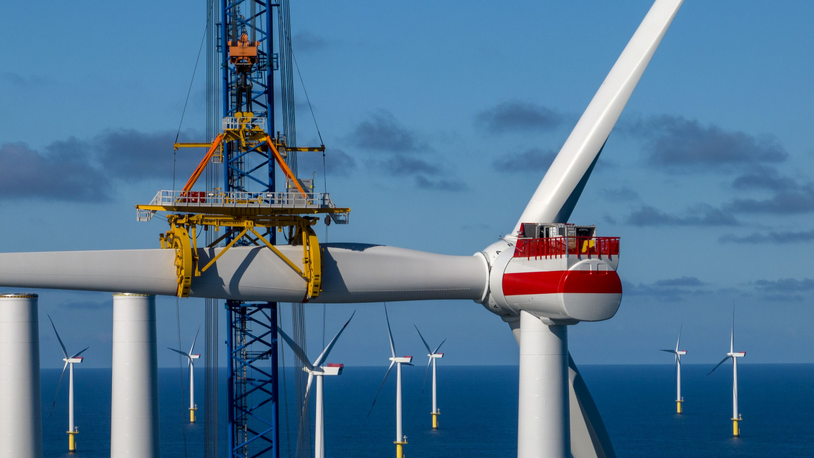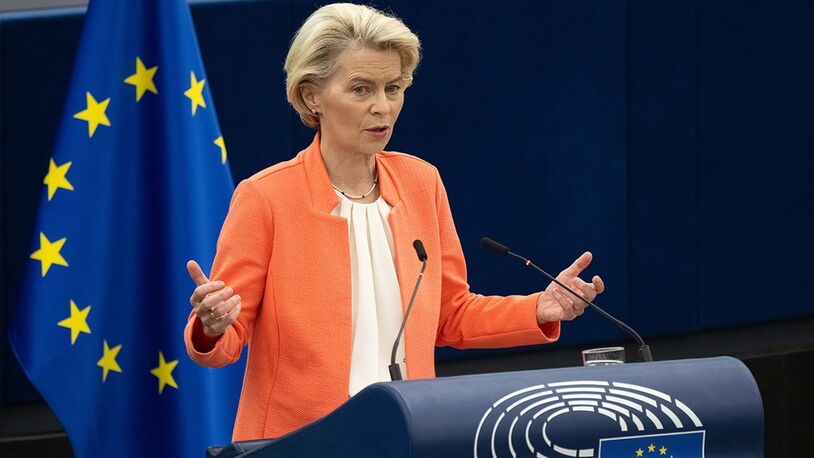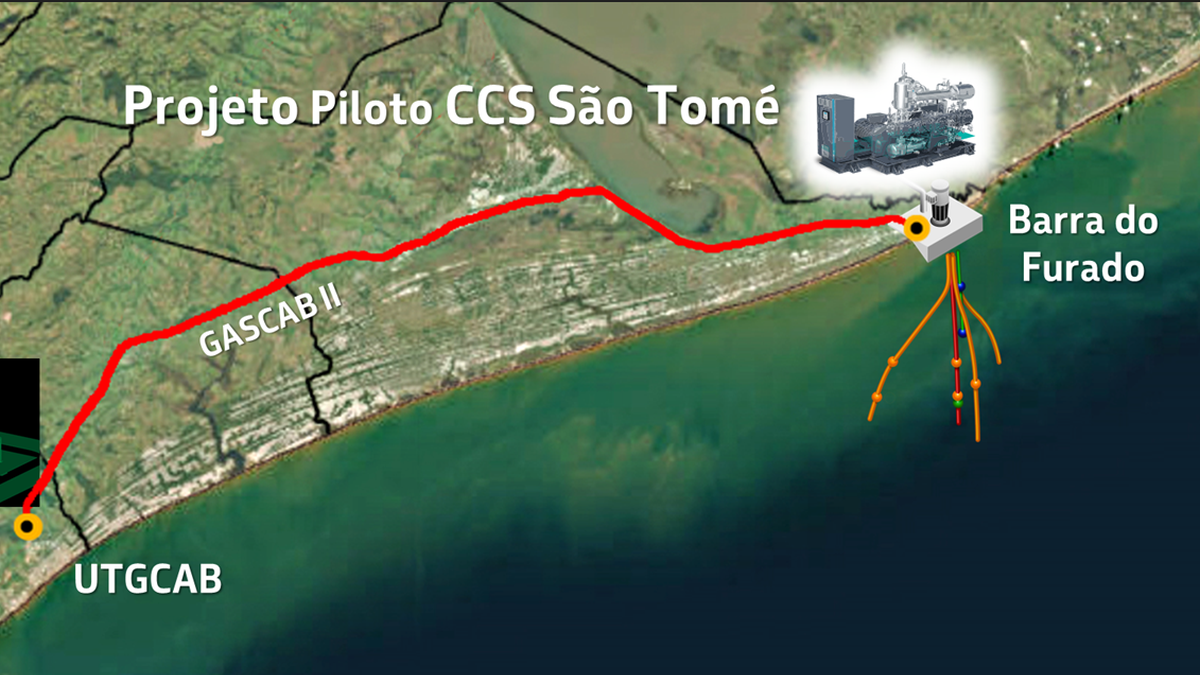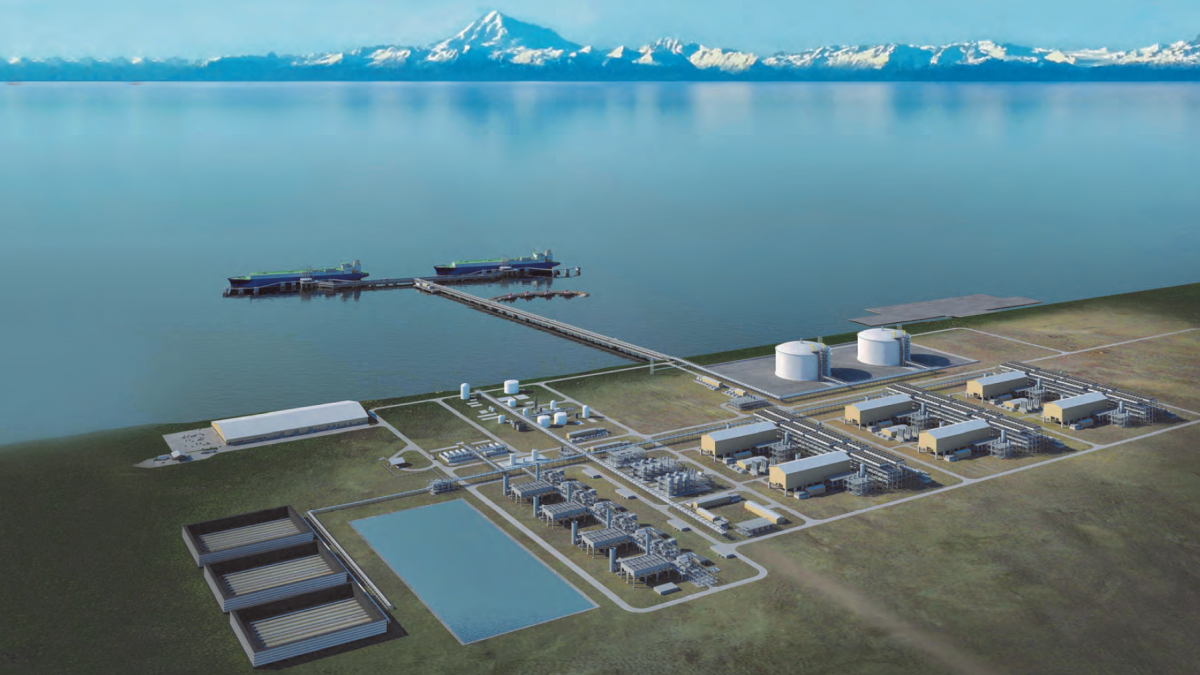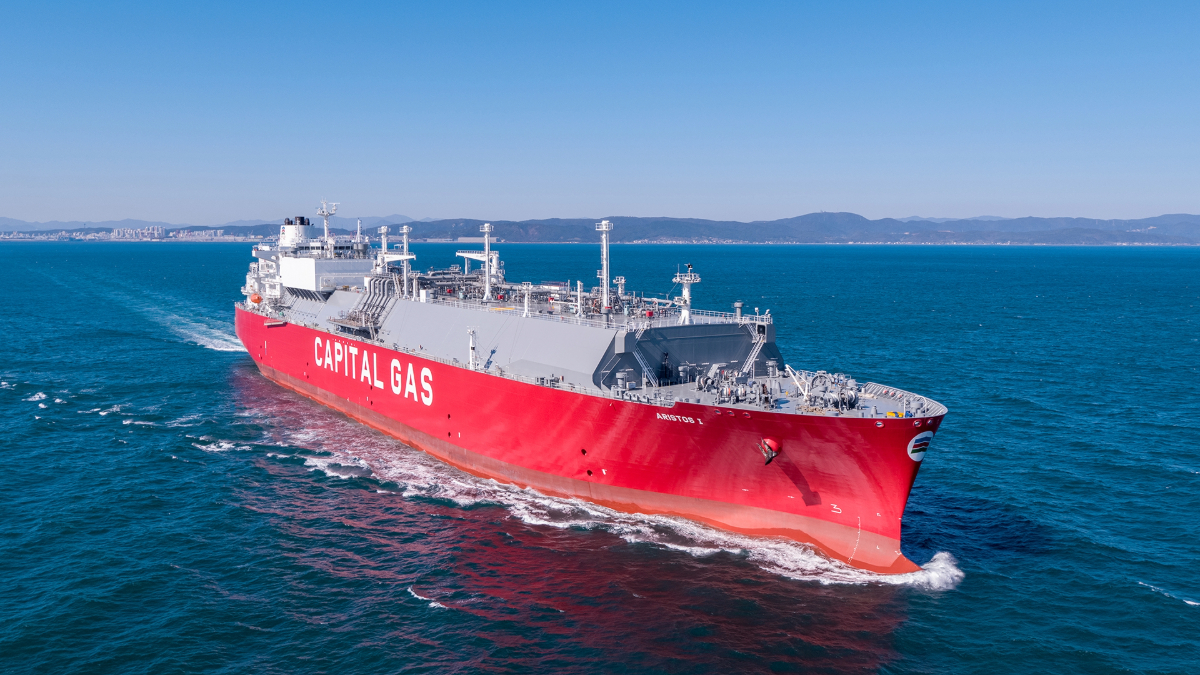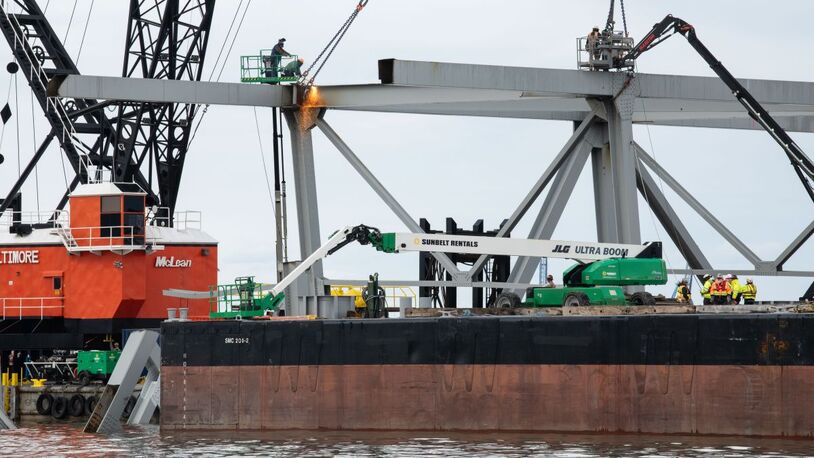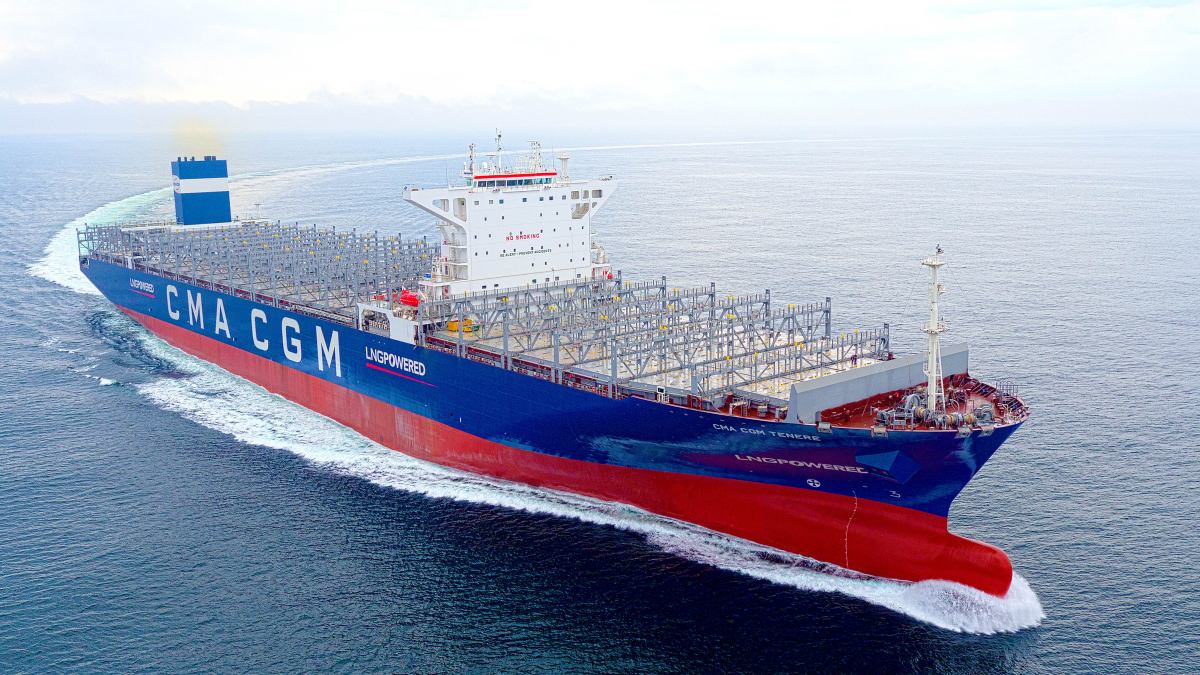Business Sectors
Contents
‘Clouded judgement:’ German government again urged to adopt CfDs, reduce auction design risks
A study conducted on behalf of the Stiftung Offshore-Windenergie suggests the tender design used by the German government for offshore windfarms has "significant long-term risks" that could adversely affect the supply chain, energy transition and lead to projects being cancelled
The study, conducted by enervis energy advisors, concludes the German government’s model for awarding offshore wind areas to developers could have significant negative economic and energy policy consequences in the long term. The study reinforces views expressed by the German wind energy industry for some time and for the first time, quantifies the potential adverse effect of current policy.
The study was funded by the Lower Saxony Ministry for the Environment, Energy and Climate Protection, and was commissioned in part in response to the European Commission’s call for member states to analyse the impact of uncapped bids on the development of offshore wind energy. The Stiftung Offshore-Windenergie said until now, no such analysis had been carried out in Germany.
The Stiftung Offshore-Windenergie reiterated views expressed by a number of organisations that changes to the way the German government awards contracts for windfarms is required, to minimise the risks identified in the report, several of which – including the effect of uncapped bids, negative bidding and market concentration – have been voiced by the industry for some time.
Stiftung Offshore-Windenergie managing director Karina Würtz said, “The results of this analysis are a call to the next Federal government to change course.
“The energy transition should not be jeopardised by a fixation on maximising short-term revenue,” she said. She said the extremely high bids secured in recent German auctions “have clouded judgement.”
Ms Würtz and her colleagues have urged the government to pay more attention to the long-term effects of tender design and create framework conditions that ensure investment security, competition and stable electricity prices.
The Stiftung Offshore-Windenergie is urging the new German government to adopt the kind of two-sided Contract for Difference (CfD) now widely used in other countries, to reduce risk, create financial stability and reduce overall costs in the electricity market.
In the current system, it said, which has a negative bidding component and no financial protection of revenues, risk premiums and thus overall costs increase significantly without any discernible added value elsewhere. “This is where legislators have the greatest leverage to relieve massive pressure on the market, through a nationally appropriate CfD-based system,” Ms Würtz says.
The Stiftung Offshore-Windenergie is also urging the government to limit the tender volume per bidder to enhance stakeholder diversity and competition, create a healthy market environment and a cost-efficient expansion of offshore wind capacity. It says the government needs to reduce growing dependence on a few players with a massive project pipeline.
It would also like to see the introduction of what it described as "realistic prequalification criteria" that "prevent price outliers without excluding market participants." It says the introduction of meaningful quantitative criteria for projects – such as their CO2 footprint or level of system integration – is desirable.
Auctions currently used by the German government rely on a bidding process that rewards the highest offer, which wins the contract. The Federal Ministry for Economic Affairs and Energy regards the revenues from the auctions – €13.4Bn (US$15.1Bn) in 2023 alone – in a positive light because they can help reduce the grid surcharge and reflect the attractiveness of the German market, but the enervis study warns of negative side effects.
High bids could lead to rising electricity prices in the long term, said the study, as operators pass costs on to industry via power purchase agreements. Energy-intensive companies and sectors such as Deutsche Bahn and the chemical industry would be particularly affected, it notes.
The study also shows the limited effect the auction revenues are expected to have on the offshore grid surcharge. “Even in the most optimistic scenarios, the effect would be a maximum of 7.4% – a limited benefit relative to the potential disadvantages,” the study said.
The study said another risk lies in the financing of offshore windfarms. High bids put pressure on operators to reduce costs. A significant lever they can use is cost of components such as turbines or foundations, which account for a large portion of the sums invested. “This could lead to an increasing number of Chinese manufacturers being awarded contracts, which, thanks in part to government subsidies, can offer decisive price advantages,” said the Stiftung Offshore-Windenergie, “and this could put further pressure on the European and domestic supply chain.
“At the same time, geopolitical, security-related and regulatory risks are increasing,” the Stiftung Offshore-Windenergie concluded, “which increases the risk that projects will prove to be unprofitable and operators exercise their option to cancel projects – with significant consequences for the energy transition.”
Sign up for Riviera’s series of technical and operational webinars and conferences:
- Register to attend by visiting our events page.
- Watch recordings from all of our webinars in the webinar library.
Related to this Story
Events
Offshore Wind Webinar Week
Maritime Decarbonisation, Europe: Conference, Awards & Exhibition 2025
Offshore Support Journal Conference, Americas 2025
© 2024 Riviera Maritime Media Ltd.


